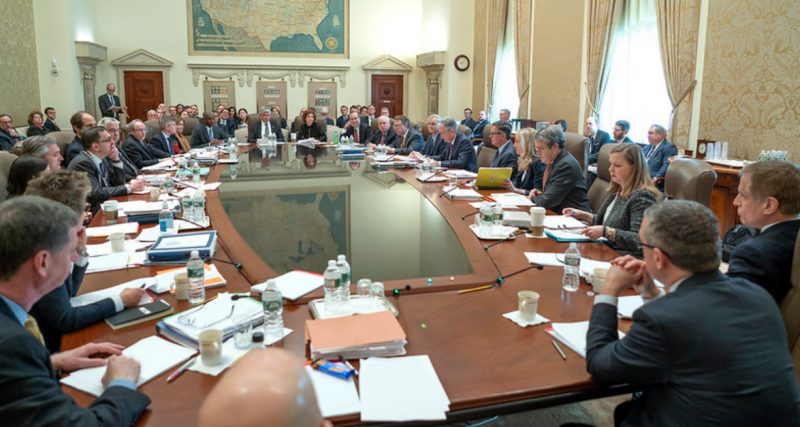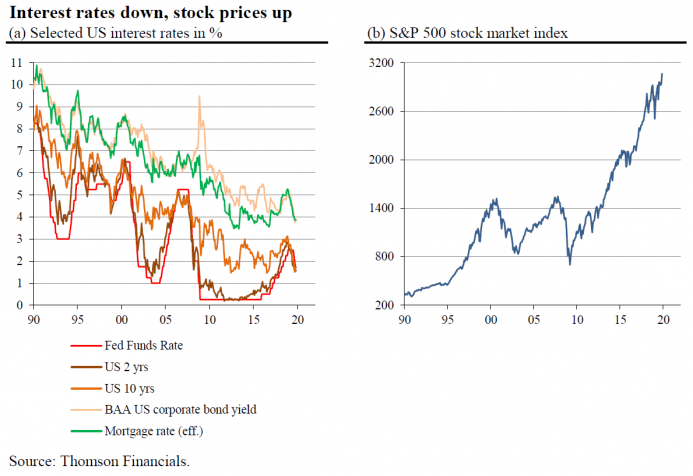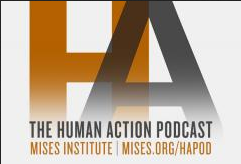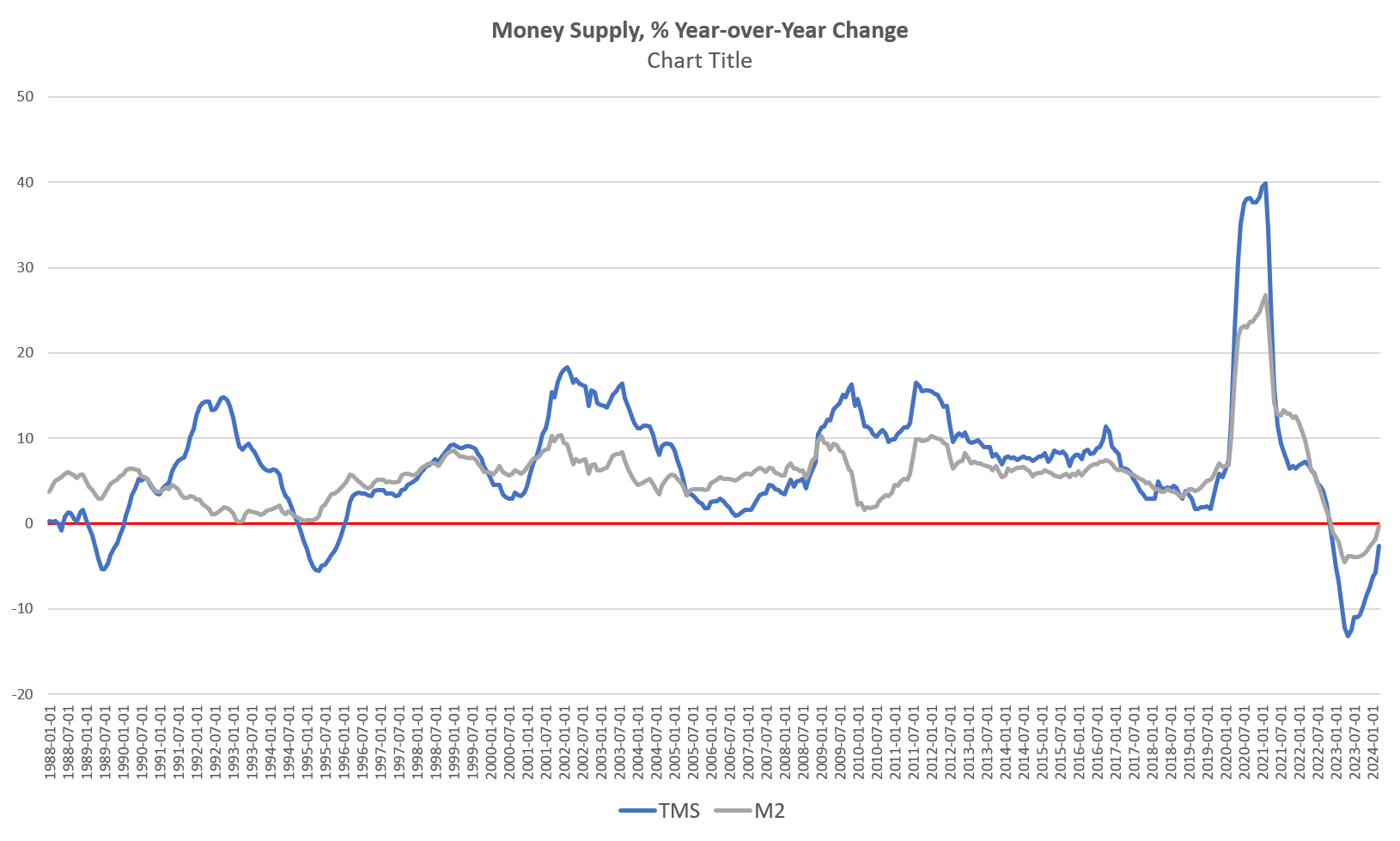Category Archive: 6b.) Mises.org
Failing to Emigrate Does Not Mean You Give Consent to the State
Eric Nelson, a Professor Government at Harvard, has published this year a brilliant and imaginative book, The Theology of Liberalism (Harvard University Press, 2019). Nelson, it should be said, is no leftist, despite what you might expect from his Harvard affiliation. To the contrary, he is a conservative and favors, though not to the fullest extent, the free market and private property rights.
Read More »
Read More »
Good Economic Theory Focuses on Explanation, Not Prediction
In order to establish the state of the economy, economists employ various theories. Yet what are the criteria for how they decide whether the theory employed is helpful in ascertaining the facts of reality?
According to the popular way of thinking, our knowledge of the world of economics is elusive — it is not possible to ascertain how the world of economics really works.
Read More »
Read More »
Marx and Left Revolutionary Hegelianism
[This article is excerpted from volume 2, chapter 11 of An Austrian Perspective on the History of Economic Thought (1995).] Hegel's death in 1831 inevitably ushered in a new and very different era in the history of Hegelianism. Hegel was supposed to bring about the end of history, but now Hegel was dead, and history continued to march on. So if Hegel himself was not the final culmination of history, then perhaps the Prussian state of Friedrich...
Read More »
Read More »
Consumer Preferences Are Harder to Measure than the Behavioral Economists Think
A recent paper in the Journal of Consumer Psychology (JCP) has started a debate on the accuracy of "loss aversion," the idea that people are driven by fear of losses more than they are by the potential for gain. Core to behavioral economics, this idea has been rather universally accepted and been part of the awarding of two economics Nobel Prizes, in 2002 to Daniel Kahneman and in 2017 to Richard Thaler.
Read More »
Read More »
Where’s the Inflation? It’s in Stocks, Real Estate, and Higher Ed
In my days before I worked for the Mises Institute, I had a colleague who knew I associated with Austrian-School economists. In the wake of the bailouts and quantitative easing that followed the 2008 financial crisis, he'd sometimes crack "where's all that inflation you Austrians keep talking about?"
Read More »
Read More »
Hyperinflation, Money Demand, and the Crack-up Boom
In the early 1920s, Ludwig von Mises became a witness to hyperinflation in Austria and Germany — monetary developments that caused irreparable and (in the German case) cataclysmic damage to civilization.
Mises's policy advice was instrumental in helping to stop hyperinflation in Austria in 1922.
Read More »
Read More »
The US Economy Is Being Japanified — Thanks to the Fed
Japan has not recovered fully from the lost decade of the 1990s. The Asian financial crisis was exacerbated by the dot-com crash and then a few years later the global economic collapse. Tokyo has tried everything to combat anemic growth and deflation, and resolve the zombification of the Japanese economy through an immense buildup of government debt and a dramatic loosening of monetary policy, including subzero interest rates.
Read More »
Read More »
Embrace Unilateral Free Trade with the UK — Right Now
Boris Johnson's Conservatives won an outright majority in yesterday's general election, pushing the Tories to an 80-strong Commons majority in what the Daily Mail called a "staggering election landslide." Given that the Conservatives employed an election slogan of "Get Brexit Done," it appears the election was largely a referendum on Brexit.
Read More »
Read More »
Why the Courts Aren’t All They’re Supposed to Be
In the United States, law courts routinely hand out court order mandating payments to victims. And then do little to enforce them. For example, according to the U.S. Census Bureau, in 2015 only 43.5 percent of custodial parents received the full amount of court-ordered child support payments. 25.8 percent received partial payment while 30.7 percent — a figure which is trending higher — received no payments.
Read More »
Read More »
Why Central Banks Aren’t Really Setting Interest Rates
Mainstream thinking considers the central bank a key factor in the determination of interest rates. By setting short-term interest rates, the central bank, it is argued, can influence the entire interest rate structure by creating expectations about the future course of its interest rate policy.
Read More »
Read More »
Central Banks May Be Driving Us Toward More Waste, More Carbon Emissions
Christine Lagarde, the new president of the European Central Bank (ECB), has added a new green dimension to monetary policymaking. The charming Frenchwoman signaled that the ECB could buy green bonds, possibly as part of the reanimated bond purchase program (a form of QE). This could reduce the financing costs of green investment projects.
Read More »
Read More »
Why this Boom Could Keep Going Well Beyond 2019
The Austrian business cycle theory offers a sound explanation of what happens with the economy if and when the central banks, in close cooperation with commercial banks, create new money balances through credit expansion. Said credit expansion causes the market interest rate to drop below its "natural level," tempting people to save less and consume more.
Read More »
Read More »
How California’s Government Plans to Make Wildfires Even Worse
Not every square inch of the planet earth is suitable for a housing development. Flood plains are not great places to build homes. A grove of trees adjacent to a tinder-dry national forest is not ideal for a dream home. And California's chaparral ecosystems are risky places for neighborhoods.
Read More »
Read More »
Blue Laws: Consumers, Not Capitalists, Are the Reason We’re Working on Sunday
It has now become commonplace for politicians and media pundits to casually assert that "everyone" — to use Alexandria Ocasio-Cortez's term — is now working more and more hours — and perhaps two or three jobs — just to attain the most basic, near-subsistence standard of living.
Read More »
Read More »
The Cultural Consequences of Negative Interest Rates
Negative interest rates are now entrenched reality in Europe, and not just for buyers of sovereign or corporate debt – even retail savings accounts are affected. What does this mean for real people trying to save for retirement? And more broadly, what does it mean for Europe culturally? Not to mention America, since Alan Greenspan tells us negative rates are coming here soon?
Read More »
Read More »
Exports: Currency Devaluation Won’t Grow the Economy
A visible weakness in economic activity in major world economies raises concern among various commentators that world economies have difficulties recovering despite very aggressive loose monetary policies. The yearly growth rate of US industrial production stood at minus 1.1 % in October, against minus 0.1% in September, and 4.1% in October last year.
Read More »
Read More »
Politicians Want Thanksgiving To Be Political. Ignore Them.
Often, government-created holidays begin with a good premise — i.e., Independence Day, Armistice Day — and get worse from there. On Independence Day, instead of celebrating armed rebellion and secession, we now sing the praises of the government. Similarly, Armistice Day — a day designed to commemorate the end of a war — became Veterans Day, a day designed to honor government employees.
Read More »
Read More »
The Hidden Link Between Fiat Money and the Increasing Appeal of Socialism
What causes the seemingly unfounded confidence in socialism we encounter more and more in the news media and among political activists? In the Extinction Rebellion movement, for example, activists are quite certain they have learned that there is an alternative to markets as the means to economic prosperity. It's a means that does not involve meeting the legitimate needs of one's fellow men in the marketplace.
Read More »
Read More »
Capital Accumulation, Not Government, Is the Key To Technological Innovation
According to Mariana Mazzucato, the RM Phillips Professor in the Economics of Innovation at the University of Sussex, government is an important factor in the promotion of innovation and thus economic growth. In particular, she challenges the popular view that innovation happens in the private sector, with governments playing a limited role. Many commentators regard her as a revolutionary thinker that challenges the accepted dogma regarding the...
Read More »
Read More »
Money-Supply Growth Accelerates to 28-Month High
The money supply growth rate rose in October, climbing to a twenty-eight-month high. The last time the growth rate was higher was during July of 2017, when the growth rate was 5.07 percent. During October 2019, year-over-year growth in the money supply was at 4.95 percent. That's up from September's rate of 3.10 percent, and was up from October 2018's rate of 3.49 percent.
Read More »
Read More »































